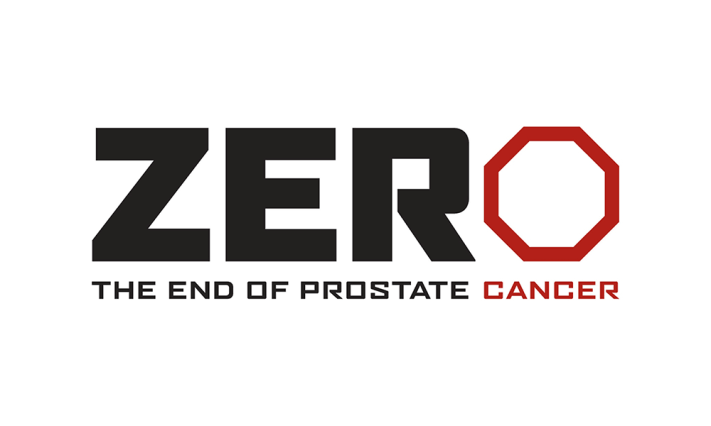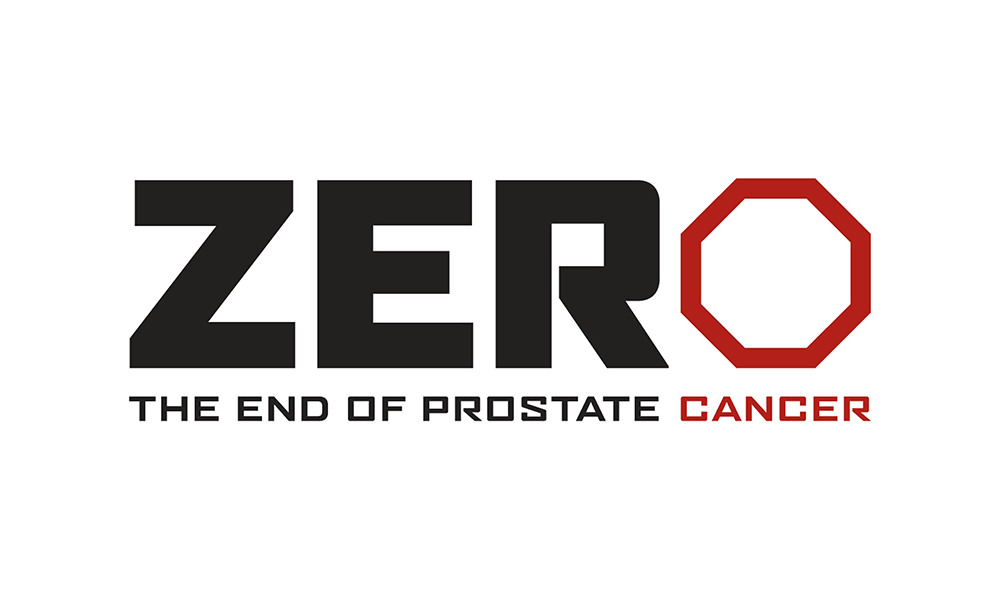
A drop in cancer diagnosis rates among men means grave consequences for some, as men will die more often from prostate cancer this year according to the newest data in the 2017 Cancer Facts & Figures.
Routine screening for prostate cancer with the PSA blood test is not currently recommended because of concerns about finding low-grade disease (cancers that would never be treated). However, the “business as usual” approach is missing aggressive cancers and will cause 610 more men to die in 2017, compared to last year.
“Ninety-nine percent survive at least five years when prostate cancer is caught early, but still nearly 27,000 men will die from the disease this year alone,” Jamie Bearse, ZERO’s President said. “It doesn’t add up. Knowing your risk, understanding your PSA score, and taking steps to identify aggressive cancers should decrease mortality while limiting adverse effects on quality of life.”
ZERO recommends that doctors and men follow the NCCN Guidelines’ for Prostate Cancer Early Detection, which call for a discussion of the risks and benefits of testing for men beginning at age 45, if they fall into any of these categories:
Family history of prostate cancer
African American ancestry
History of prostate disease
Family history of the BRCA 1 or 2 gene mutations
For men who have been diagnosed with prostate cancer, the ZERO360 patient navigation program offers free service to help patients with treatment decisions, access to financial resources, and emotional support: zerocancer.org/zero360.
About ZERO ‘ The End of Prostate Cancer
ZERO ‘ The End of Prostate Cancer is the leading national nonprofit with the mission to end prostate cancer. ZERO advances research, improves the lives of men and families, and inspires action. We’re building Generation ZERO, the first generation of men free from prostate cancer, through our national run/walk series, education and patient support programs, and grassroots advocacy. ZERO is a 501(c)(3) philanthropic organization, accredited by the Better Business Bureau, with regional chapters across the country. We dedicate 94 cents of every dollar to research and programs. For more information, visit www.zerocancer.org.

















